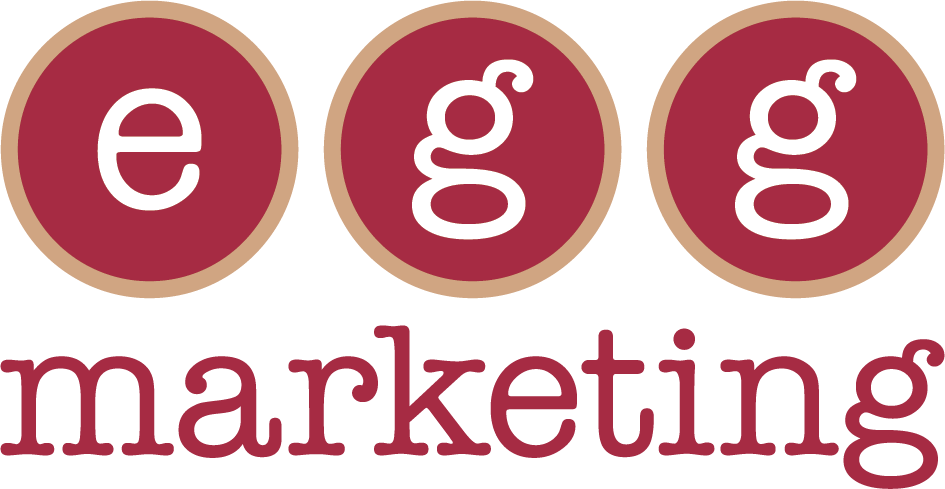
How Long Should a Blog Post Be Before You Annoy Your Reader?
One of the top questions I get asked by prospective clients is: how long should a blog post be?
It’s a fair question and one that will never have a concrete answer, simply because content marketing experts keep changing their mind as marketing trends change.
Neil Patel, who tends to set the bar for the content marketing industry, currently says content between 1,500 and over 2,000 words (depending on the industry) hits the mark.
Yoast, makers of my favorite WordPress plugin Yoast SEO, say it’s got to be over 1,000 to rank in search results.
The Write Practices says if you want more social media shares, make the post 600-1,500 words.
You can spend an hour going down the rabbit hole to see what others think about how long a blog post should be.
But you’re here because you want to know what I think, right?
An Argument Against Long LONG-Form Content
I’m going to make some enemies here and say I’m not a fan of crazy long blog content. The kind that requires you to sit for 10-30 minutes to consume. Haven’t these bloggers heard that our attention spans are now shorter than—SQUIRREL!
When I search for something and click an article to get an answer, I want to get straight to it. I don’t want to have to scroll down a mile to get to the end of the article where—finally!—the author has answered the question I had. Recipe sites are the worst. I didn’t click to read about your memories of making this soup with your grandma! Give me the recipe already!
To me, anything over 1,500 words should be packaged as an ebook and made available as a download. Then you can get website visitors’ email addresses in exchange. Brilliant. But most of the time, when people land on a blog, they’re in a hurry and looking for a quick answer.
Long-form does not provide a quick answer.
What I’m Seeing in the Marketing Industry
I tend to base my opinions about things like how long a blog post should be on the kind of work I’m doing for clients. 80% of them come to me already knowing what they want in terms of word count, keywords, et cetera.
Right now, I’m writing posts averaging about 800-1,200 words.
I find this to be a sweet spot: it’s long enough to communicate the message without being filled with fluff. If there’s significantly more to say, we might break the topic out into a series of posts. More content! Less work! What’s not to love about that?
I have a client who consistently pushes me to write 3,000+ word posts (I think his SEO guy is feeding this to him). I have flat-out refused if the content doesn’t lend itself to that length because I will not write content for length’s sake. In other words, if there are only 1,700 words I need to write to communicate what I’ve been hired to write, then that’s it.
This client, by the way, appreciates my frankness on the matter and never pushes me to write fluff.
How Long Should a Blog Post Be? You Don’t Need Me to Tell You That
I have realized over the years that people need permission. They want other people to tell them what to do. It takes the onus off of them, and maybe, hopefully, keeps them from making a mistake.
But running a business doesn’t follow a script, and it certainly doesn’t look like it does for every other entrepreneur out there.
So I’m going to do something wild here and tell you: stop looking for advice you don’t need.
If you want to know how long your blog content should be, go into your Google and see what your 10 most popular posts are. Then go see how long those posts were. Average it. That’s a good indicator of the length that your audience enjoys reading. Of course, the subject matter matters too, but you at least know you can engage readers for that length of content.
If you have a high bounce rate on your blog (meaning people left on the home page because they didn’t find what they were looking for), your content might be too long and overwhelming. And the last thing you want to do is overwhelm your reader.
It happens a lot.
Quite honestly, when I see an article is endless, I’m more likely to close it and look elsewhere than actually sift through it.
Life is short. Don’t waste your audience’s time by writing crazy long content simply because you think you should.
PS this post came in at 767 words!




Hi Susan,
A valid question and I was always taught that 500 to 600 words with multiple sub-headers was the way forward, but it really depend on the subject matter in my view.
However, I think the more important issue lie elsewhere….. I have a continuing fight with websites and the huge amounts of advertising that makes the page load slow and unresponsive, and this next one is the big one…..
The pop up 2 secs into your visit before the page has loaded and you are able to start reading. I mean come on, how would I possibly know if I want to subscribe to a site I have not spent more than 2 second on. It’s just so silly.
So, website owners, I thing we should think more about making light page with easy to read content and the option to join up before leaving the page….I think that’s fairer, don’t you? Then you don’t needs to worry about the number of words because the read will be a pleasure.
Your thoughts …
Cheers
Carl
Hi Carl. Excellent points! I think in addition to knowing what the sweet spot is for your blog content, you should also be on top of how quickly your page loads. I’m not a fan of video ads because they do weigh down a site. Thanks for reading!
Susan